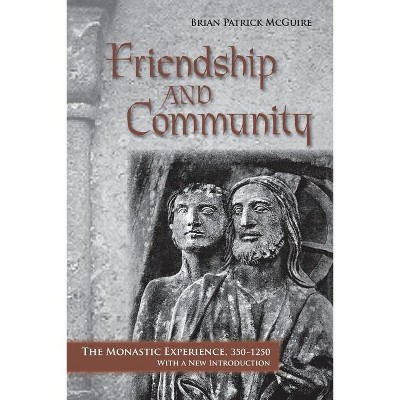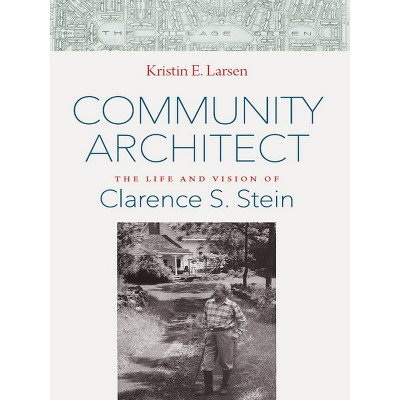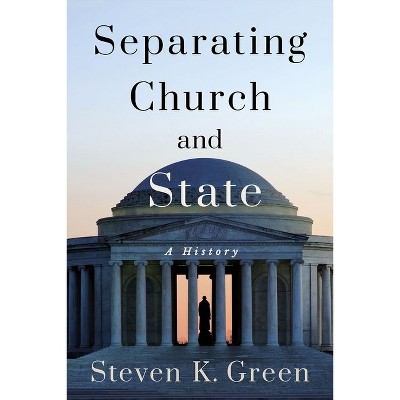Sponsored

Liberalism and Community - by Steven Kautz
In Stock
Sponsored
About this item
Highlights
- Contemporary political theory has experienced a recent revival of an old idea: that of community.
- About the Author: Steven Kautz is Associate Professor of Political Science at Emory University.
- 248 Pages
- Philosophy, Political
Description
About the Book
Contemporary political theory has experienced a recent revival of an old idea: that of community. In Liberalism and Community, Steven Kautz explores the consequences of this renewed interest for liberal politics.
Book Synopsis
Contemporary political theory has experienced a recent revival of an old idea: that of community. In Liberalism and Community, Steven Kautz explores the consequences of this renewed interest for liberal politics. Whereas communitarian critics argue that liberalism is both morally and politically deficient because it does not adequately account for equality and virtue, Kautz defends liberalism by presenting reports of various partisan quarrels among liberals (who love liberty), democrats (who love equality), and republicans (who love virtue).
Founded on the classic texts of Locke and Montesquieu, the liberalism that Kautz advocates is cautious and conservative. He defends it against the arguments of important new communitarians--Richard Rorty, Michael Walzer, Benjamin Barber, and Michael Sandel--and contrasts communitarian and liberal views on key questions. He discusses Walzer' s account of moral reasoning in a democratic community, engages Barber on the nature and limits of republican community, and takes on Rorty's communitarian account of moral psychology and the nature of the self. Kautz also explores the concepts of virtue, tolerance, and patriotism--issues of particular interest to communitarians which pose special problems for liberal political theory--in an effort to rebuild a new and more tenable interpretation of liberal rationality.
From the Back Cover
Contemporary political theory has experienced a recent revival of an old idea: that of community. In Liberalism and Community, Steven Kautz explores the consequences of this renewed interest for liberal politics. Whereas communitarian critics argue that liberalism is both morally and politically deficient because it does not adequately account for equality and virtue, Kautz defends liberalism by presenting reports of various partisan quarrels among liberals (who love liberty), democrats (who love equality), and republicans (who love virtue).Review Quotes
In presenting this spirited commentary, Kautz displays admirable erudition and sure-footedness in handling the texts, both historical and contemporary. He makes subtle distinctions and thoughtful observations. He also practices the toleration he preaches, treating those he criticizes with generosity and a lack of malice.
-- "Review of Politics"Steven Kautz's Liberalism and Community is a direct response to those, like Michael Sandel, who argue that persons are constituted by their obligations to communities, rather than that communities are constituted by the participation of rights-bearing persons.... Mr. Kautz's [book] provide[s] welcome antidotes to the sentimental gushings about 'community' that one hears so often these days.
-- "Wall Street Journal"This thoughtfully written book addresses what is perhaps the central political issue of our time: whether liberal societies can hold together as self-sustaining communities, or whether liberal ideology sows the seeds of its own destruction in promoting an asocial individualism.
-- "Foreign Affairs"About the Author
Steven Kautz is Associate Professor of Political Science at Emory University.












